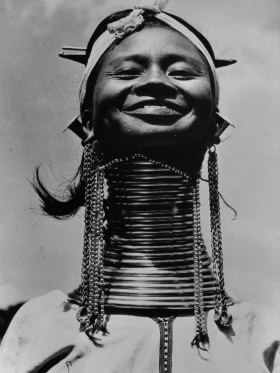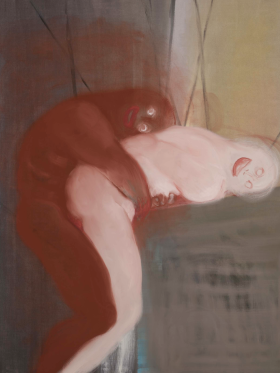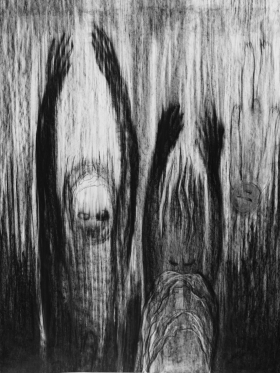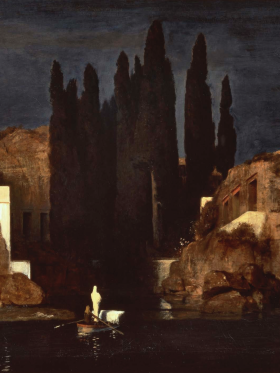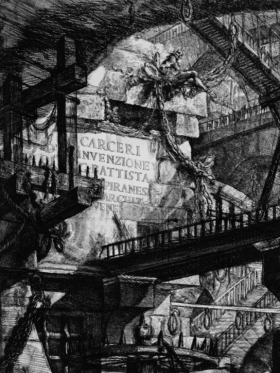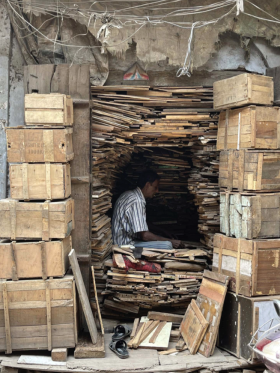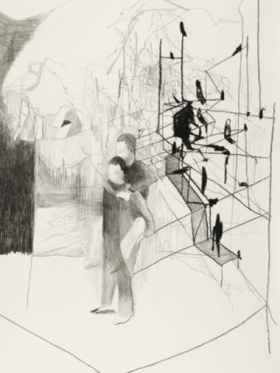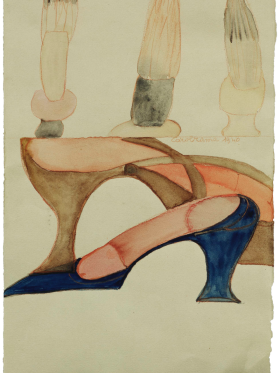Almeida Faria’s literary oeuvre is made up of different genres and registers, sometimes in the same novel. This is the case of Paixão, the first book in his ‘Lusitanian Tetralogy’, which is almost a polyphonic novel in its complex development of different voices. This time, he has made an incursion into journalling at the invitation of the Electra. The journal that he wrote for this section of the magazine, called ‘Book of Hours’, begins on a triumphant day, 16th June, the Bloomsday that Joyce included in the calendar of modern European literature. Thus, this journal starts as a tribute to literary fiction, to its magnificent deeds (a tribute which continues in an evocation of an important name in European literature, a European writer par excellence, the German Hans Magnus Enzensberger, 118with whom Almeida Faria has a long-standing dialogue). Recording a few days’ stay in Munich, starting with the day of his departure from Lisbon and ending on his return, this journal is also a record of his distancing himself from national matters. In a way, this distancing, which consists of getting away (and by away we mean to a foreign country) and casting a critical, cosmopolitan, look inwards, isa mechanism common to the narrative work of Almeida Faria.


